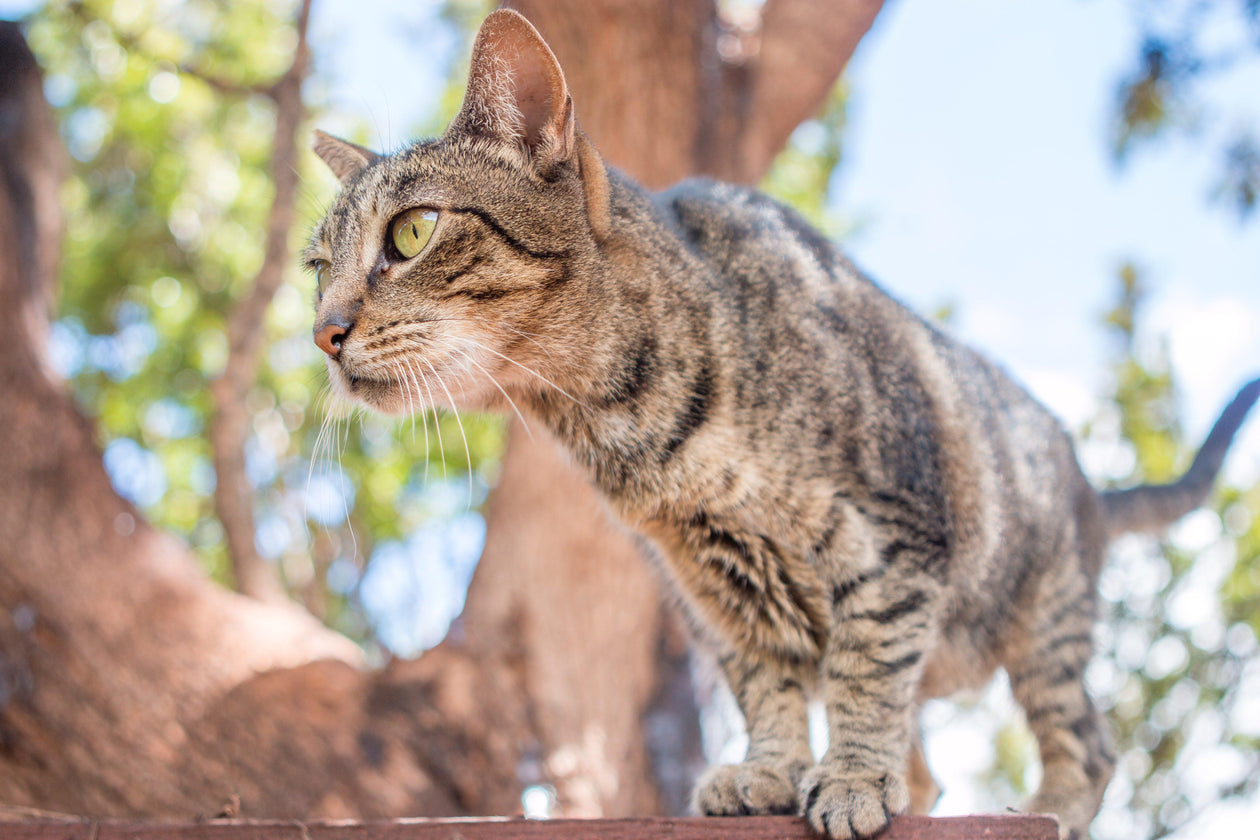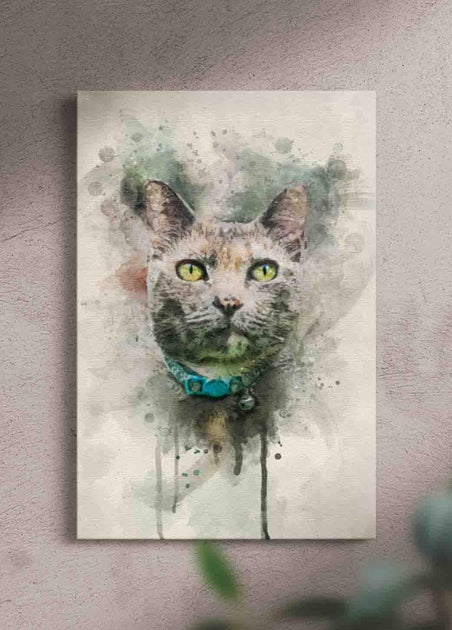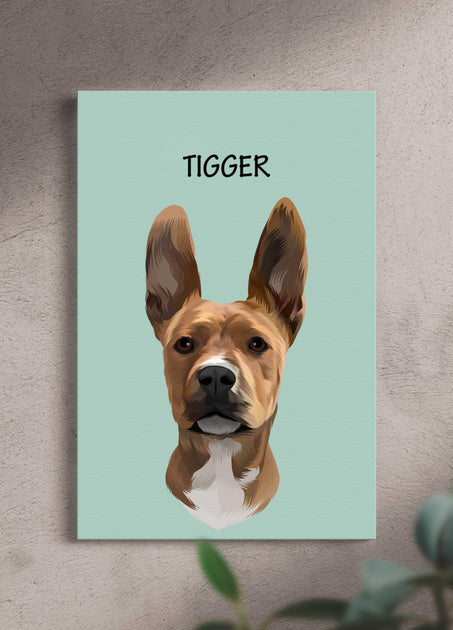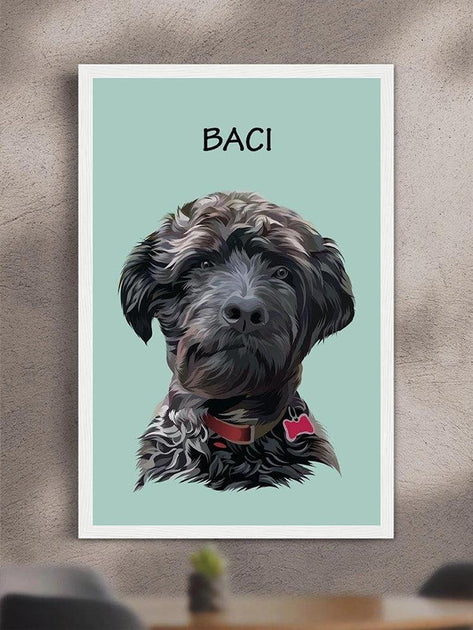Chocolate Is Good for Dogs and Cats: Yes/No?

Many pet owners may not know this, and they keep asking questions like, why is chocolate bad for cats and dogs? Chocolate contains a compound called theobromine, which is very similar to caffeine.
Theobromine is a stimulant that can have adverse effects on dogs and cats, such as an increased heart rate, restlessness, and vomiting. In large enough quantities, theobromine can even be fatal. But, it is not all gloom and doom, not all chocolates are created equal.
If your dog or cat ingests chocolate, it is important to monitor them closely for signs of toxicity. Dog chocolate symptoms include vomiting, diarrhea, increased heart rate, tremors, and seizures. If you notice any of these signs it is important to take your pet to the vet immediately.

How much dark chocolate can kill a dog?
Now that we have answered the question, why is chocolate bad for dogs? Let's look at how much dark chocolate can kill a dog.
Dark chocolate has a higher concentration of theobromine than milk chocolate, so it is more dangerous for pets. White chocolate has very little theobromine and poses little threat to pets.
The knowledge of how much chocolate can kill a dog depends on the size of the dog, as well as the type and quality of the chocolate. Generally, it takes around 100 grams of high-quality dark chocolate to poison a small dog, while it would take around 250 grams of low-quality chocolate to have the same effect. In large dogs, it may take up to 1 kilogram of chocolate before they start showing symptoms of toxicity.
How much white chocolate will kill a cat?
It is very unlikely that white chocolate would kill a cat, as it contains very little theobromine. However, consuming large quantities of white chocolate can still lead to stomach upset and vomiting. If your cat ingests a large amount of white chocolate, it is best to monitor them closely for signs of distress and contact your vet if you are concerned.
How long before symptoms of chocolate poisoning in cats?
Symptoms of chocolate toxicity in cats can occur within 6-12 hours after ingestion. However, it can take up to 72 hours for symptoms to appear. If you think that your cat has ingested chocolate, it is important to monitor them closely for signs of toxicity and contact your veterinarian immediately if you are concerned.
What to do if your dog eats chocolate home remedies?
If your dog ate chocolate or you are also looking for home remedies for cat eating chocolate, the first thing you should do is call your veterinarian. The dog chocolate poisoning timeline appears within 6 to 12 hours after the dog has eaten it, and may last up to 72 hours.
They will be able to advise you on what to do next and may even recommend bringing your pet in for a check-up. In some cases, they may want to induce vomiting or give your pet a charcoal solution to help absorb the toxins.
However, it is important to never attempt to make your pet vomit unless directed to do so by a veterinarian. There are also some things that you can do at home to help prevent your dog from getting into chocolate in the first place.
The best way to do this is to keep all chocolate out of reach of your pets. This means keeping it in a cupboard or on a high shelf where they cannot reach it. You should also be careful when disposing of chocolate wrappers and empty candy boxes, as pets may be attracted to the smell of chocolate.
My cat ate a little bit of chocolate cake
If your cat has eaten a small amount of chocolate cake, they are likely to be fine. However, it is important to monitor them closely for signs of distress and contact your veterinarian if you are concerned.
Chocolate cake contains cocoa powder, which is a source of theobromine. Theobromine is a toxic substance that can cause symptoms such as vomiting, diarrhea, tremors, and seizures in cats.
If your cat ingests a large amount of chocolate cake, they may experience these symptoms. Therefore, it is important to contact your veterinarian if you are concerned.
How much chocolate is toxic to cats?
The amount of chocolate that is toxic to cats depends on the type and quality of the chocolate. Generally, it takes around 100 grams of high-quality dark chocolate to poison a cat. On the other hand, 250 grams of low-quality chocolate will have the same effect. In some cases, cats may be able to consume small amounts of milk or white chocolate without experiencing any symptoms of toxicity.

Long term effects of chocolate for cats and dogs
If a dog regularly consumes chocolate, they may develop health problems such as obesity, diabetes, and heart disease. Chocolate contains high levels of sugar and fat, which can lead to weight gain and health problems in dogs.
Additionally, theobromine can cause increased heart rate and restlessness in dogs. Over time, these effects can lead to serious health problems such as heart disease. Therefore, it is important to keep chocolate away from dogs to prevent them from developing these health problems.
Healthier alternatives to snacks to chocolate
There are a number of healthier alternatives to chocolate that you can give your dog or cat as a snack. These include raw fruits and vegetables, lean meats, and whole-grain cereals.
They are not only healthier for your pet, but they will also help to keep their weight under control. Additionally, these snacks are less likely to cause the health problems that can be associated with chocolate consumption.
What animals can eat chocolate?
Most animals are unable to digest chocolate properly and can experience symptoms of toxicity if they consume it. However, there are a few animals that can eat chocolate without experiencing any ill effects. These include bears, rabbits, and rodents. Additionally, some birds may be able to eat small amounts of chocolate without experiencing any adverse effects.
Other foods dogs and cats can't eat
There are a number of other foods that dogs and cats should not eat. These include grapes, raisins, onions, garlic, and chives. These foods can cause vomiting, diarrhea, and other gastrointestinal problems in pets.
Additionally, these foods can also cause kidney damage and anemia. Therefore, it is important to keep these foods away from your pet to prevent them from becoming ill.
Best Sellers

WATERCOLOUR

THE YOUNG QUEEN

MINIMALIST DESIGN

MINIMALIST PET PORTRAIT

THE GENERAL

THE ICE QUEEN

THE ROYAL COUPLE

THE CONVICT

THE PRESIDENT

THE BOURGEOIS COUPLE

WATERCOLOUR SIBLING



